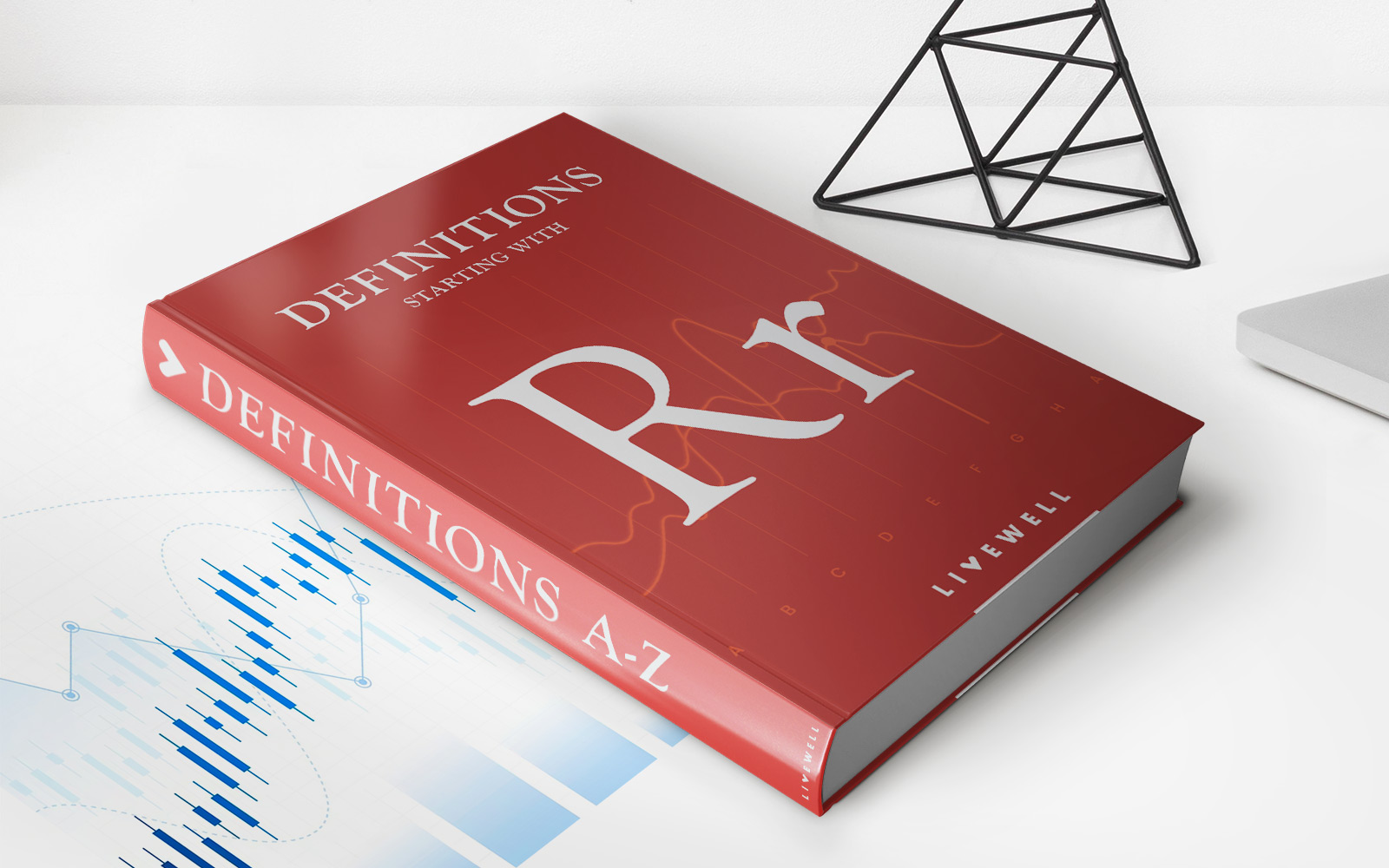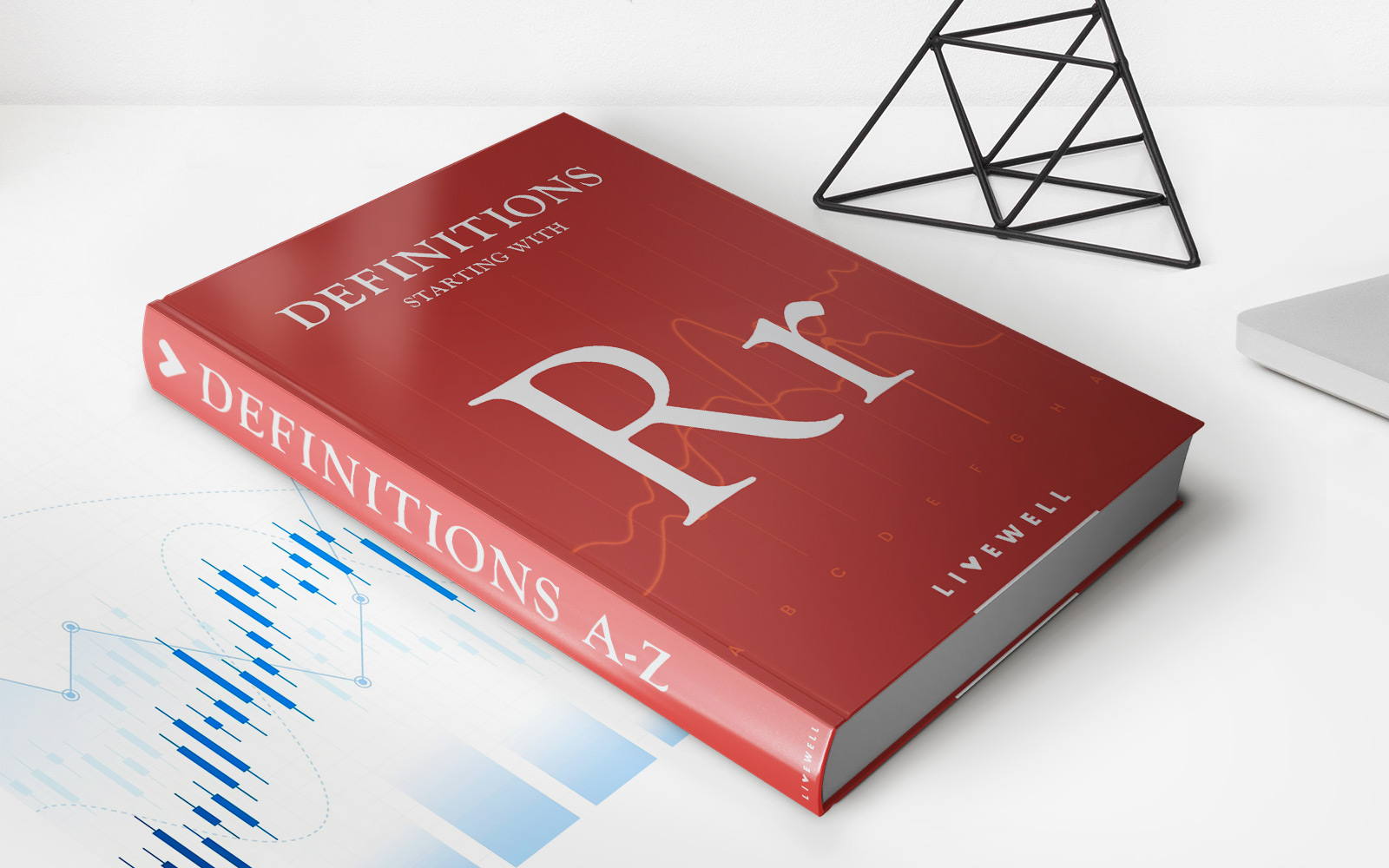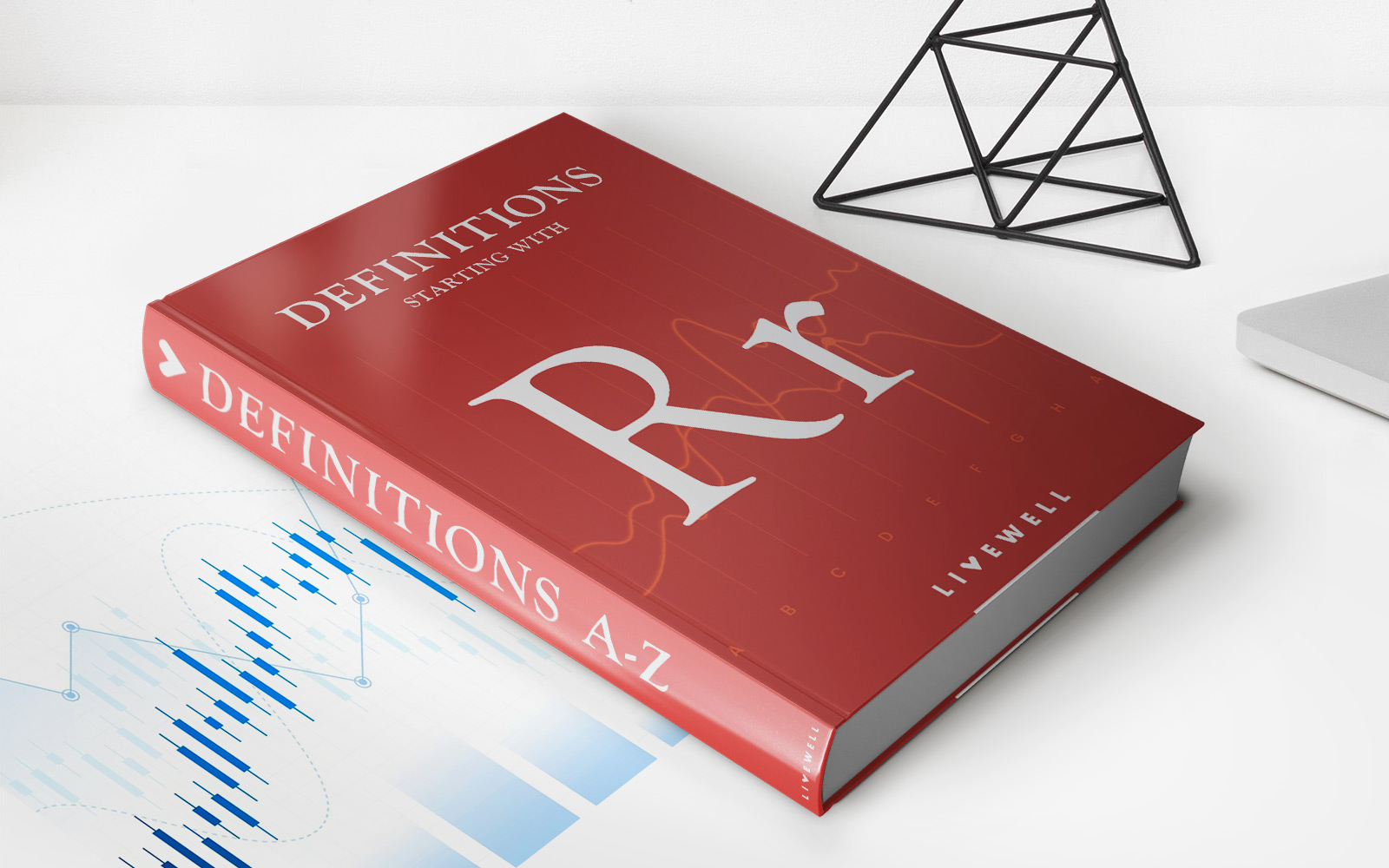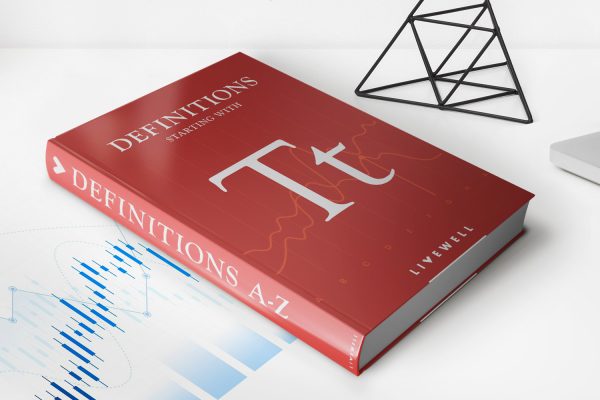Home>Finance>Reverse Morris Trust (RMT): Definition, Benefits, And Tax Savings


Finance
Reverse Morris Trust (RMT): Definition, Benefits, And Tax Savings
Published: January 20, 2024
Learn about the benefits and tax savings of the Reverse Morris Trust (RMT) in finance. Understand its definition and maximize your financial strategy.
(Many of the links in this article redirect to a specific reviewed product. Your purchase of these products through affiliate links helps to generate commission for LiveWell, at no extra cost. Learn more)
Unlocking the Power of Reverse Morris Trust (RMT): Definition, Benefits, and Tax Savings
When it comes to navigating the complex world of finance, one strategy that you may come across is the Reverse Morris Trust (RMT). But what exactly is RMT, and how can it benefit you? In this article, we will delve into the definition of RMT, explore its numerous benefits, and shed light on the potential tax savings it offers.
Key Takeaways:
- RMT is a financial transaction that allows a company to divest a subsidiary while avoiding capital gains taxes.
- It involves merging the subsidiary with another company and offering the shareholders of the divested subsidiary shares in the merged entity.
What is Reverse Morris Trust (RMT)?
Reverse Morris Trust (RMT) is a strategic transaction used by companies to facilitate the tax-efficient divestment of a subsidiary. It involves merging the subsidiary with another company rather than selling it outright. The shareholders of the divested subsidiary then receive shares in the merged entity instead of cash.
This unique structure allows the divesting company to avoid incurring hefty capital gains taxes that would typically arise from selling the subsidiary. Instead, the transaction is treated as a tax-free exchange of shares for both the divesting company and its shareholders.
The Benefits of Reverse Morris Trust (RMT)
When executed properly, an RMT can offer several significant advantages for both the company divesting the subsidiary and its shareholders:
- Tax Efficiency: One of the most compelling benefits of RMT is the potential for significant tax savings. By structuring the divestment as a tax-free exchange of shares, the company can avoid triggering capital gains taxes that would erode the overall value of the transaction. This tax efficiency enhances the net proceeds received by both the corporation and its shareholders.
- Flexibility in Deal Structure: RMT provides companies with a more flexible deal structure compared to traditional sale transactions. The merging entity can tailor the consideration offered to the shareholders of the divested subsidiary to meet their specific needs. This can include a combination of cash, stock, or a mix of both, providing greater flexibility and potentially increasing overall shareholder value.
Unlocking Tax Savings with Reverse Morris Trust (RMT)
One of the key attractions of RMT is the significant tax savings it can generate. The tax-free nature of the transaction results from meeting specific criteria set forth by the Internal Revenue Code. These criteria typically include:
- The shareholders of the divested subsidiary must gain control of the merging entity, usually by holding a majority of its voting shares.
- The transaction should be structured as a “divisive reorganization” or a “spin-off” rather than a sale.
- The divesting company must have a “continuity of interest” in the merged entity and must not have the intention of merely disposing of the subsidiary.
By adhering to these requirements, companies can navigate the complexities of tax regulations and unlock substantial tax savings through RMT. This allows them to retain a greater portion of the value generated from their divestment strategy.
In Conclusion
Reverse Morris Trust (RMT) is a powerful financial tool that enables companies to divest a subsidiary while minimizing tax implications. By structuring the divestment as an exchange of shares rather than a sale, RMT provides tax efficiencies, flexibility in deal structures, and potential tax savings for both the divesting company and its shareholders. However, the intricacies of RMT transactions require experienced financial and legal guidance to ensure compliance with applicable tax laws and regulations.














